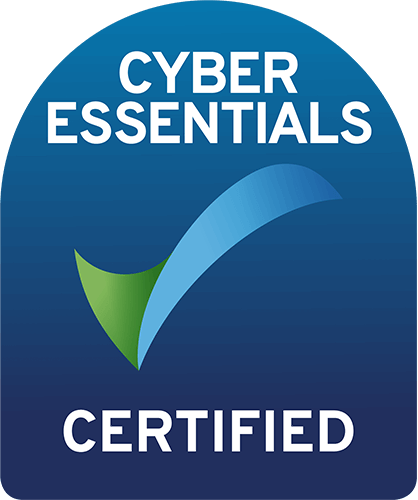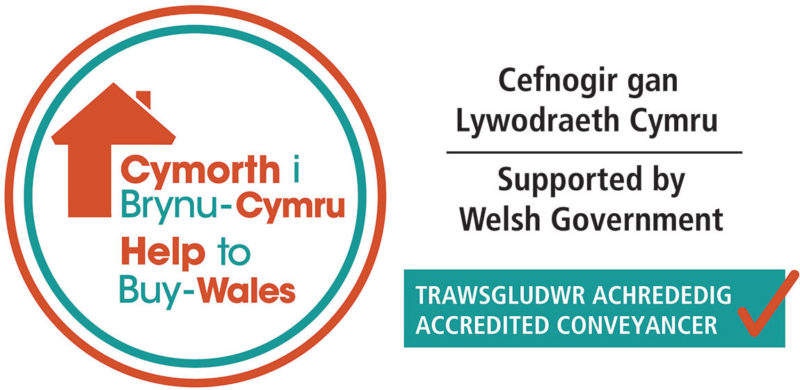Conveyancing is the transfer of property ownership from one party to another, with one buying and the other selling. While buying and selling property may be a simple concept, the process itself can often be more complex.
Between December and January last year there was an 110% increase in people enquiring after a conveyancing solicitor according to Compare My Move. If you’re wondering why, there’s a reason! Conveyancing solicitors work on your behalf to check out everything you need to know about a home – they handle all the necessary legal paperwork and property searches to avoid any unpleasant surprises further down the line.
In this blog we dig a little deeper to guide you through the stages of buying and selling a property and why having a solicitor on your side can bring confidence and peace of mind.
Steps in the process
Pre exchange
Once an estate agent has agreed a price with the buyer, they write to the solicitors of both parties with the details.
The solicitors will then write to their respective clients with the terms of business. At this stage both sellers and buyers will need to provide proof of identity and address to prove it really is you. Plus, proof of funds, to ensure that the sale is not the proceeds of crime. Both steps are to prevent property fraud. The seller of the property will also complete forms to give information about the property such as new windows, an extension or issues such as flooding, as well as make a record of any items that will be left behind in the property.
The seller’s solicitor sends several documents to the buyer’s solicitor, including the draft contract, the copy of deeds, and property forms. The buyer’s solicitor will investigate rights of way and neighbouring land, such as shared drives or back lanes, to check if neighbours have any rights over the property, like the right to use a shared path. The seller will send any enquiries to the buyer through their solicitors to iron out any discrepancies. If the buyer’s solicitor finds any discrepancies in the documentation, they will raise it with the seller’s solicitor to resolve.
The buyer’s solicitor will also conduct three searches into the property site;
- The local search to reveal building work done to the property, like a new chimney.
- The environmental search to uncover key information about the site of the property, like whether it was built on contaminated land.
- The drainage and water search to confirm where the pipes run beneath the property and if the water is connected to the mains.
Upon receipt of the sellers and their solicitors’ enquiries, a report is sent to the buyers via their solicitor explaining the deeds and, paperwork. If the buyers find everything acceptable, they will sign the contract.
Exchange and completion
When a ‘completion date’ (the moving date) is agreed, the solicitors exchange contracts. This is the point of no return – neither party can legally back out of the transaction without repercussion.
Finances are transferred on the moving date, and once the seller’s solicitor confirms they have gone through, the estate agent and property buyers are informed that the keys can be handed over. After completion, the seller’s solicitor pays off any outstanding mortgage as well as the estate agent for their assistance in the property exchange. Finally, the buyer’s solicitor will register the change of ownership with the Land Registry.
And that’s a property transaction complete!
What legal documents do I need to prove who I am?
It’s essential to have your legal documents prepared to make a property transaction as smooth as possible. Your solicitor will give you a list of any that are needed.
To purchase a property, you must provide proof of funds – this is usually a copy of your mortgage offer and evidence of any other funds used to purchase the property. When selling property, there are several more documents required, including:
- Property title deed
- Property information form
- Fittings and contents form
- Management information pack
- Energy performance certificate
As well as any additional documents that are referenced in the property information form.
While this is a significant number of documents to organise and submit on time, solicitors are trained to support in this process. A reliable law firm will ensure that all your responsibilities during a property transaction are met in a timely manner.
One of the most important legal documents involved in transferring property is proof of the buyer’s identity.

Why is proving who I am so important in a property transaction?
Verifying the identity, address and funds of the buyer is necessary to prevent the possibility of fraud. It confirms that the buyer is who they say they are, and that their money to buy the property was not earned through crime.
The verification process protects you and all other parties from being held liable for identity fraud. It requires you to show that you have done everything legally asked of you, including proving that you are who you claim to be. Proving where the funds came from also prevents the risk of money laundering.
As with all legal matters, the key to a smooth property transaction is organisation and the legal guidance of a trusted solicitor. A law firm will help you to confidently fulfil all responsibilities with minimal stress, providing you peace of mind as well as ensuring that you can achieve the best outcome for your goals when buying and selling property.
Thomas and Thomas Solicitors is a friendly, local law firm that has a unique insight and an inclusive approach to clients with years of experience. With a team of specialists in their specific legal field, the firm offers a range of legal services, including property law.
Get in touch with us today by emailing reception@tandtlaw.co.uk or visiting https://www.thomasandthomassolicitors.co.uk/contact-us/ to find your nearest office.





